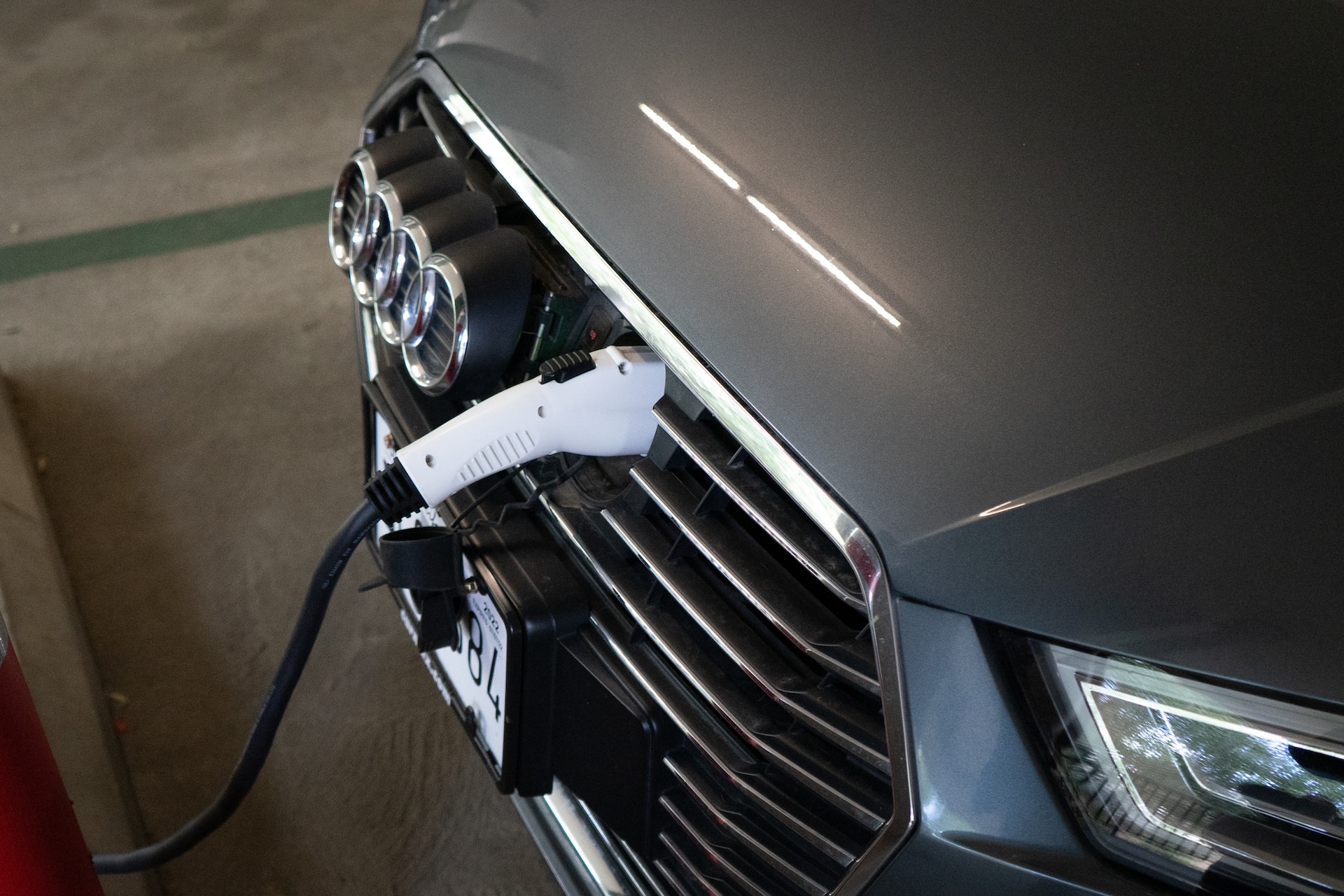Electric vehicles (EVs) are becoming increasingly popular as people look for ways to reduce their carbon footprint and cut down on emissions. However, the high price tag associated with EVs has prevented many potential buyers from making the switch. Fortunately, there is a tax loophole in the US tax code that is making EV leasing more affordable than ever before.
Under Section 179D of the tax code, businesses are allowed to claim a tax deduction for energy-efficient commercial buildings. This deduction also applies to the installation of EV charging stations, which means that companies can offset the cost of installing charging stations by up to $1.80 per square foot. This tax benefit is available to businesses that lease EVs as well.
As a result, many businesses are taking advantage of this tax loophole by leasing EVs for their fleets. Not only are they able to take advantage of the tax benefit, but they also enjoy the benefits of lower operating costs and reduced emissions. In addition, since EVs are generally more reliable and require less maintenance than traditional gas-powered vehicles, businesses can save money on repairs and upkeep.
Consumers are also able to take advantage of this tax benefit by leasing EVs. While individuals are not eligible to claim the tax deduction, leasing companies can pass the savings on to consumers in the form of lower monthly payments. In some cases, the monthly payment for an EV lease can be less than the payment for a comparable gas-powered vehicle.
Furthermore, EVs are becoming more affordable as the technology becomes more advanced and the cost of batteries continues to decrease. Many automakers are also offering incentives and discounts to customers who lease EVs, making them an even more attractive option.
One of the biggest advantages of EV leasing is the fact that consumers can upgrade to newer models more frequently than with traditional car ownership. Since the technology is advancing so rapidly, leasing allows consumers to stay up-to-date with the latest advancements without having to worry about selling or trading in their current vehicle.
However, there are some drawbacks to EV leasing. Since the tax benefit only applies to leased vehicles, consumers who purchase an EV outright will not be able to take advantage of the deduction. In addition, there may be restrictions on the mileage and usage of the vehicle, and consumers may be required to pay additional fees for excessive wear and tear.
Despite these drawbacks, EV leasing is becoming an increasingly popular option for businesses and consumers alike. As more automakers introduce new EV models and the infrastructure for charging stations continues to expand, it is likely that EV leasing will become even more affordable and accessible in the future.
In conclusion, the tax loophole in the US tax code is making EV leasing a smart financial decision for businesses and consumers. By taking advantage of this tax benefit, businesses can offset the cost of installing charging stations and leasing EVs for their fleets, while consumers can enjoy lower monthly payments for leased EVs. As the technology and infrastructure for EVs continues to advance, it is likely that EV leasing will become an even more attractive option for those looking to reduce their carbon footprint and save money on transportation.




